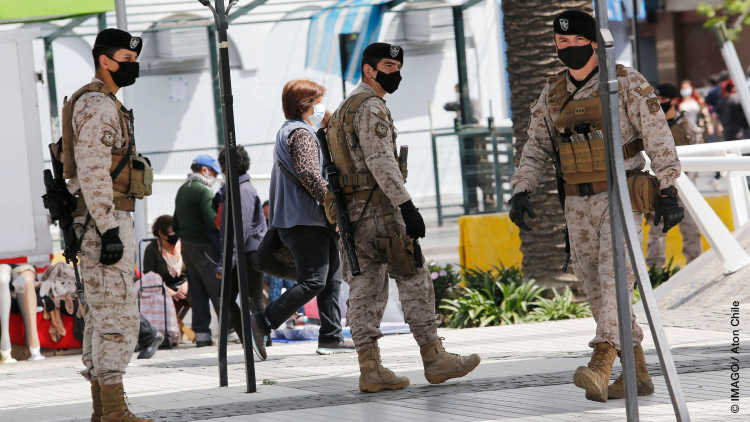- Home
- Publications
- Books
- Routes to Reform: Civil-Military Relations and Democracy in the Third Wave
David Kuehn / Aurel Croissant
Routes to Reform: Civil-Military Relations and Democracy in the Third Wave
Oxford Studies in Democratization | Oxford University Press | 2023
Regional Institutes
Research Programmes
Series
Oxford Studies in Democratization
Number of Pages
288
Publisher
Oxford University Press
ISBN
978-0198803362




